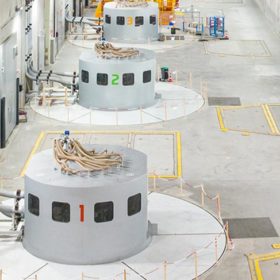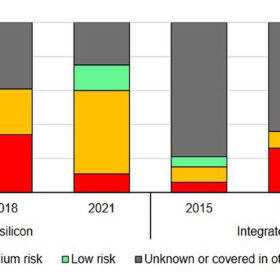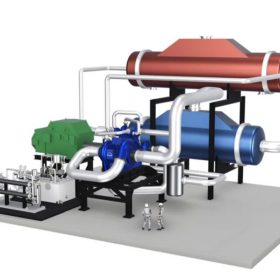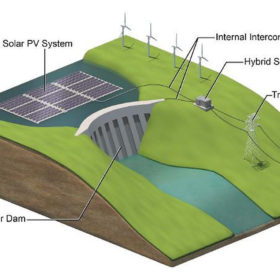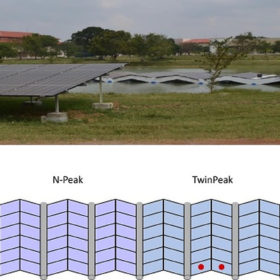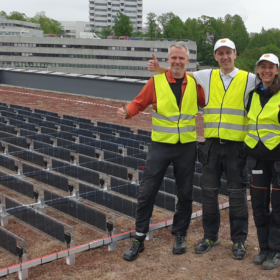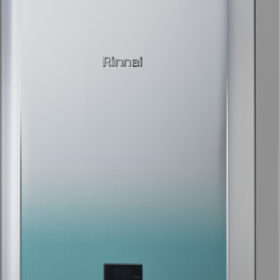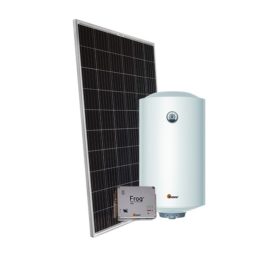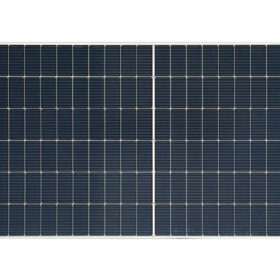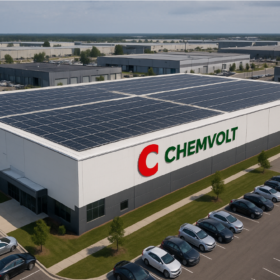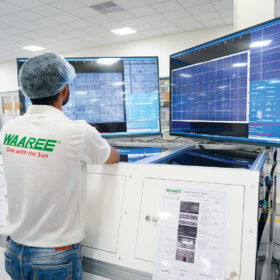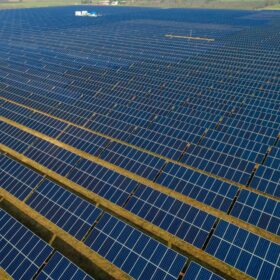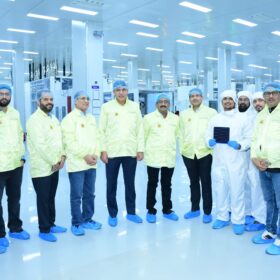Massive pumped-hydro storage facility comes online in Switzerland
The Nant de Drance facility began commercial operations on July 1 and is currently one of Europe’s largest pumped-hydro storage stations.
One-third of global PV manufacturing capacity is at medium or high risk of bankruptcy, IEA says
A new report from the International Energy Agency stresses the importance of geographically diversifying the global PV supply chain. This would prevent supply chain vulnerability to bankruptcies and underinvestment.
German consortium plans to build world’s largest heat pump
Basf and Man Energy announced a plan to build a 120 MW renewables-powered heat pump for steam production at an industrial site operated by Basf in the Rhineland-Palatinate region, Germany. The feasibility study for the project should be completed by the end of this year.
Hybridizing floating solar with hydropower
Scientists from the National Renewable Energy Laboratory (NREL) have said that the combination of floating solar with hydropower could reduce PV curtailment.
Novel floating PV system design from Norway
Norwegian scientists have tested a new floating PV system concept at a water reservoir in Sri Lanka. The system is made of composite beams to support the solar panels and high-density polyethylene (HDPE) pipes to provide buoyancy.
Vertical rooftop PV pilot goes online in Norway
Over Easy Solar AS has developed a rooftop PV system with two generation peaks – one in the morning at 11 am, and one in the evening at 7 pm. It has been deployed on a school building.
Hydrogen combustion tech for residential water heaters
Japan’s Rinnai has unveiled what it claims is the world’s first 100% hydrogen combustion technology for residential water heaters. It is currently using the hydrogen water heater in demonstration projects in Australia, prior to commercialization.
Solar-powered offgrid residential unit from Japan
Japan’s Arth has designed an autonomous habitation module that produces water in places without energy and water infrastructure. The company said the residential unit could also be used as an emergency evacuation site.
Photovoltaic water heater from Italy
Italian solar panel manufacturer Sunerg has developed an integrated photovoltaic water heater solution based on two resistances. The system relies on a maximum power point tracking (MPPT) controller and can work with a PV module with a power output of up to 450 W.
SDN launches 550 W solar module with 21.28% efficiency
The Korean manufacturer launched a new bifacial module based on M10 wafers and is planning to produce bigger modules based on M12 wafers starting from the third quarter.

